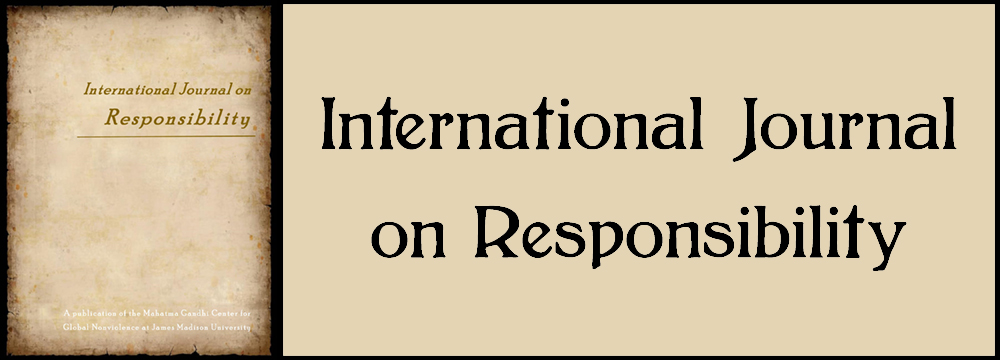
Abstract
The socio-historical concept of criminal responsibility links the action (actus reus) and mental state (mens rea), or intention, of the actor (i.e., the defendant) to determine legal and moral liability for his or her behavior and to apportion punishment. When the actor responsible for immoral conduct is the prosecutor in pursuit of a conviction, the courts respond very differently. More specifically, because prosecutors are presumed to be moral and ethical system actors, assumptions about their good character likely influence the ways in which they are held to account. This study explores the content and arguments made by appellate judges in their review of prosecutorial misconduct when the higher courts concede that misconduct occurred at trial. Borrowing a systems theory framework, we evaluate how Texas appellate courts responded to prosecutorial misconduct in 35 criminal convictions considered on appeal between 2010 and 2015. Systematic content analyses of the courts’ opinions demonstrate that closed systems, like the American legal system, both diffuse responsibility for misconduct across other criminal justice actors and prioritize procedural elements above substantively just outcomes. This latter approach is inconsistent with how other systems—civil society, scholars outside of the legal arena, and the media—interpret their decisions. In this way, the misconduct of prosecutors is rendered opaque, and a tenuous confidence in the process of criminal prosecution is maintained.
Type of Issue
Special issue
Recommended Citation
Griffiths, Elizabeth; Scheuerman, Heather L.; and Xie, Sandy
(2023)
"Prosecutorial Actus Reus: Appellate Review of Prosecutorial Misconduct and the Diminishment of Responsibility,"
International Journal on Responsibility: Vol. 6:
Iss.
1, Article 2.
DOI: https://doi.org/10.62365/2576-0955.1083
Available at:
https://commons.lib.jmu.edu/ijr/vol6/iss1/2
DOI
10.62365/2576-0955.1083
Creative Commons License

This work is licensed under a Creative Commons Attribution-NonCommercial-No Derivative Works 4.0 International License.


